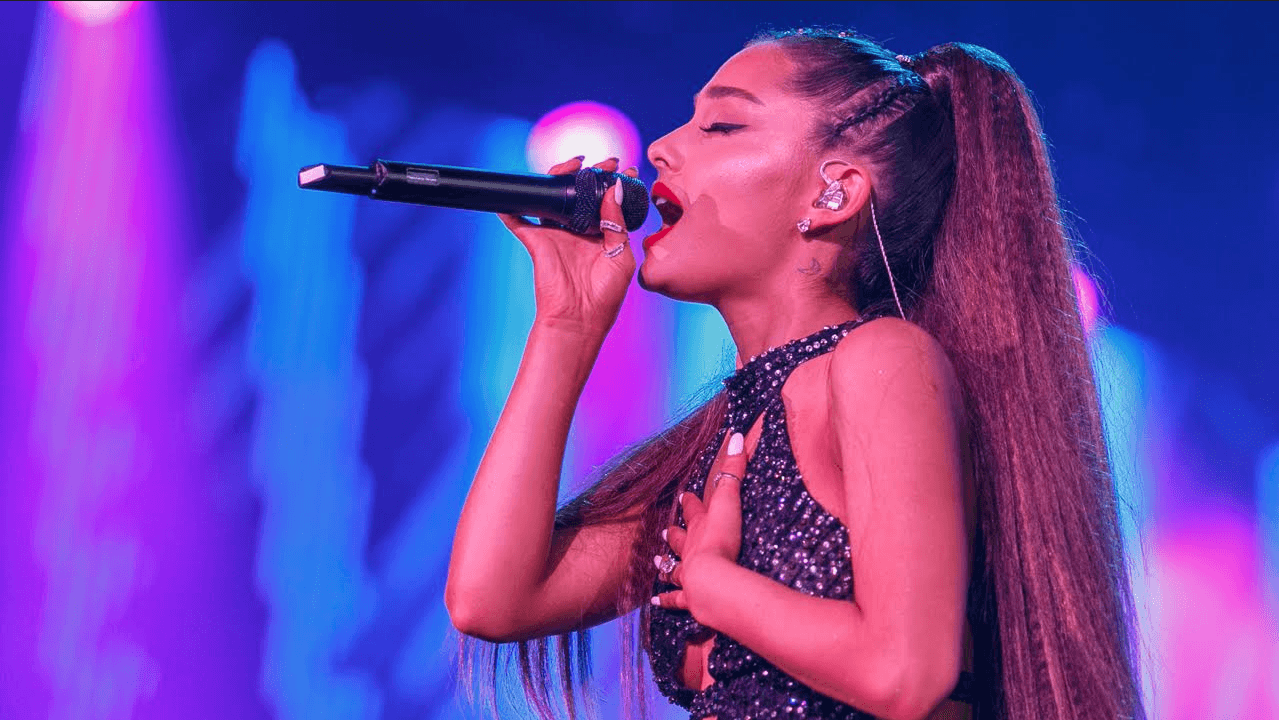Ariana Grande goes public with her mental health struggle
3 min read
Billboard
By DRE CHANDLER
Staff Writer
Ariana Grande, pop singer and 2018’s Billboard Woman of the Year, has had an amazing 2019. With two number one single debuts on the Billboard hot 100 under her belt, this year looks promising for her career. However, Grande has not always been so fortunate.
On May 22, 2017, there was a terrorist attack at her concert, causing 22 casualties and injuring 500 more. On top of that, in 2018, her ex-boyfriend Mac Miller died of an overdose. For a while the singer was very tight-lipped about these incidents, but lately she has been vocal about how therapy has played a huge role in helping her recovery and dealing with her anxiety.
She has now spoken publicly about the guilt she felt following the bombings and Miller’s death, even dedicating a whole album to the anxiety she felt. More recently, on Nov. 5 she tweeted, “…in all honesty therapy has saved my life so many times. if you’re afraid to ask for help, don’t be. u don’t have to be in constant pain & u can process trauma. i’ve got a lot of work to do but it’s a start to even be aware that it’s possible.”
What can hold people like Grande back from immediately seeking therapy is the stigma around it. According to a 2006 study, students cited embarrassment as the number one reason someone wouldn’t seek help. Specifically, only 23 percent would be comfortable with a friend knowing they were getting help for emotional issues.
Students also might not seek help because of concerns over confidentiality and finances and the fear that accepting they’re struggling will mean they can’t lead a productive life. Such concerns cause students to keep their emotional troubles to themselves, reinforcing the stigma and making life far more difficult than it needs to be.
As college students, we are at the age where we are exposed to many things that trigger depression and anxiety. During college, students deal with a large amount of stressors. College calls for a significant transition where students encounter new changes to their lifestyle, friends, roommates, exposure to new cultures and different or sometimes opposing ways of thinking.
When students can’t manage these firsts adequately and effectively, they’re more likely to struggle. Feelings of inadequacy can stem from academic stressors. In college, competition is much more significant. Some feel the pressure to do well, whether the demands come from parents, the student, or future internships/career fields.
For students struggling with anxiety and depression, the best place to start is the Talley Center. If you do not feel comfortable with using services from the school, get a referral for a therapist in the community or speak with an approachable professor, career counselor or resident assistant.
While waiting for treatment, work on coping skills, know your personal limits when it comes to social involvement, get sleep, start a healthier diet, and avoid excessive caffeine. Finding a healthy and productive outlet is also very helpful in dealing with mental health, whether it be writing, working out, or anything in between.
Knowing that anybody from superstars like Ariana Grande to your classmates and friends can struggle with mental health issues shows what a universal issue this can be. Mental health concerns are no different from any other physical health concerns. People suffering from mental illnesses did not choose this, and it is important to remember that.


